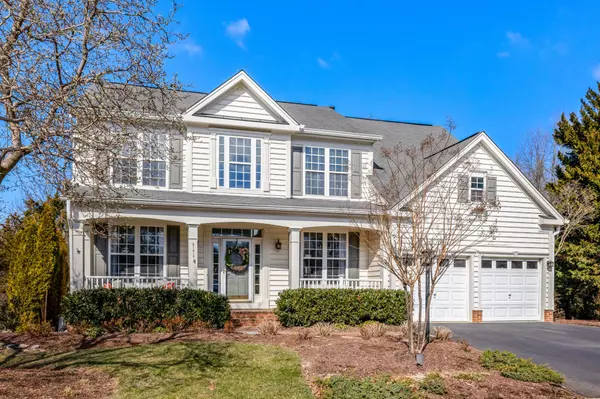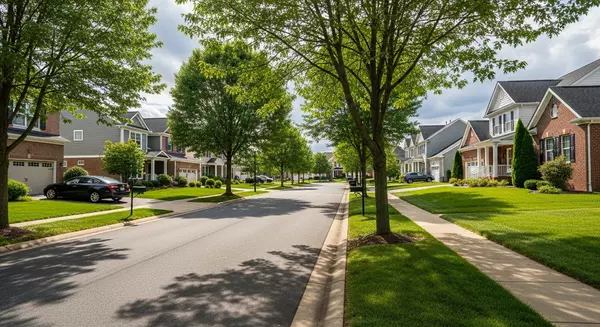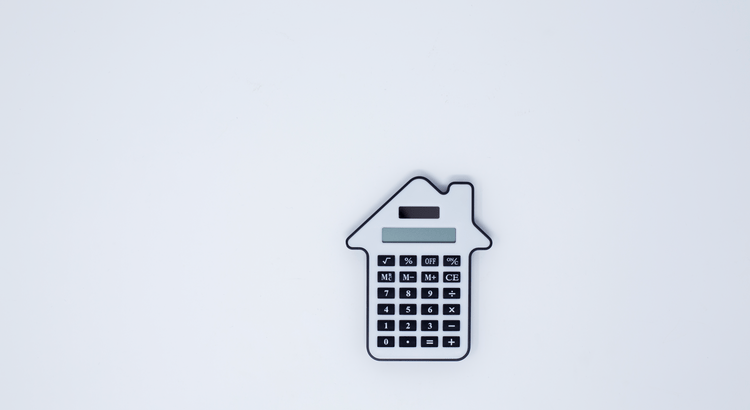
Is South Riding a Good Place to Live? The Ultimate 2025 Guide (From a Local South Riding Realtor)
By Danielle Wateridge, Local South Riding Real Estate Advisor & Top South Riding Realtor If you’re wondering, “Is South Riding a good place to live?”, the answer—according to thousands of local families, relocation buyers, and nearly every South Riding Realtor—is an overwhelming YES! As a South Ridi

The Latest in Mortgage & Refinance Rates: What It Means for You
As your real estate advisors, we want to cut through the noise and give you the straight story on what's happening with mortgage rates right now and how it affects our Northern Virginia market. The Good News Mortgage rates have been steadily declining and recently hit their lowest point in over a

The Stars Are Aligning for Smart Home Buyers in NOVA – But This Window Won't Stay Open Forever
July 2025 Market Update The housing market has shifted in Northern Virginia, and for the first time in years, buyers hold the cards. Right now, in July 2025, we're witnessing a perfect storm of buyer-friendly conditions that savvy purchasers are already capitalizing on. While everyone else is
Categories
Recent Posts










